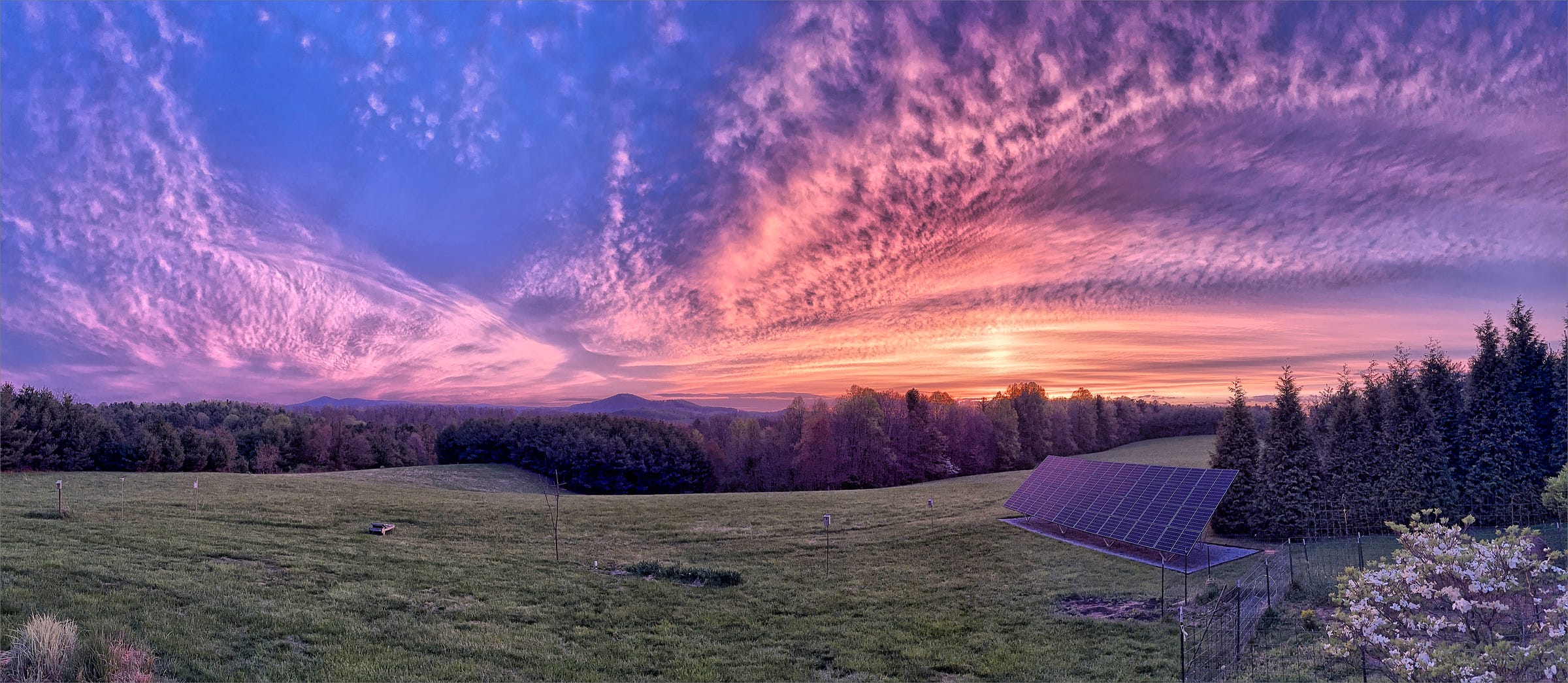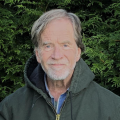 The uncertainty and never-ending unknowing may soon end. For the past year, there has been no dry land on the horizon. But we may not be adrift much longer.
The uncertainty and never-ending unknowing may soon end. For the past year, there has been no dry land on the horizon. But we may not be adrift much longer.
To stay afloat, we are casting overboard anything that might sink the lifeboat. This is hard. We have so many THINGS. And we realize that much of this we have had, not because we NEEDED it, but because we had the space for it. And so . . . we fill the space.
And that includes our books.
BOOK TRIAGE IS AGONY
The fate of every book on our shelves requires a decision–sometimes easy, but often exhausting and saddening.
To make shorter and less onerous, we will each select a half dozen books from the lot; set the small box of them aside clearly marked as “Fred’s or Ann’s Reading Matter” and the rest, without any thinking or emoting at all, go into crates bound for other readers.
The few books we select will be the books we’re actively (or soon will be) reading and want near us when we move in a few months.
Books that we have jettisoned, we can read again—or for the first time—by checking them out from the library in the retirement community where we will live, or from the Boone County (Missouri) public library, or download and read books on the iPad. No shelves needed.
We have found comfort or stimulation in having hundreds of books where we have lived, reduced from 70 linear feet of bookshelves on Goose Creek to our current 40 feet of shelf space loaded with books.
I have suggested taking pictures of the shelves as they exist, so we can recall titles, authors and our history with those influential books that changed the way we see the world and ourselves.
THE BOOKS WE HAVE ABOUT US
We will still have books around us in our small space, but they will go back to the library after a week or two. This will give us a few more cubic inches of room to live in when we’re not reading.
That said, I have acquired two books this week, in violation of our new self-imposed rules.
One is a Kindle book; the other will be in my “Reading books” box for the settling-in phase in our new tiny 800 square feet of space 800 miles away.
The paper book “For the Time Being” from AbeBooks is Annie Dillard’s last-published work called “For the Time Being.” I expect some heavy slogging within, but worth the effort. Short quotes or simple sentences from Dillard are rare as hen’s teeth, but here’s one that seems appropriate to our future un-stillness:
“if you stay still, earth buries you, ready or not.” Annie Dillard, quote from For the Time Being.
And yesterday I just received the Kindle version on the first day of its release: “Then I am, Myself, The World” by Christof Koch, whose work I have been following these past couple of years.
From a brief review (Harvard Book Store.. :
“Koch reveals when and where consciousness exists, and uses that knowledge to confront major social and scientific questions: When does a fetus first become self-aware? Can psychedelic and mystical experiences transform lives? What happens to consciousness in near-death experiences? Why will generative AI ultimately be able to do the very thing we can do, yet never feel any of it? And do our experiences reveal a single, objective reality?”
CLOSING THE BOOKS on OUR BOOKS
And I know we may be talking about hundreds of books; hundreds of decisions that will sap the energy you have in diminishing supply. Choose a few. And move on.
Books are just things. The ideas, stories, and wisdom they contain can travel with us, sit beside us, and live within us, wherever we call home.

 – Fred First is an author, naturalist, photographer watching Nature under siege since the first Earth Day. Cautiously hopeful. Writing to think it through. Thanks for joining me. Subscribe to My Substack HERE
– Fred First is an author, naturalist, photographer watching Nature under siege since the first Earth Day. Cautiously hopeful. Writing to think it through. Thanks for joining me. Subscribe to My Substack HERE
